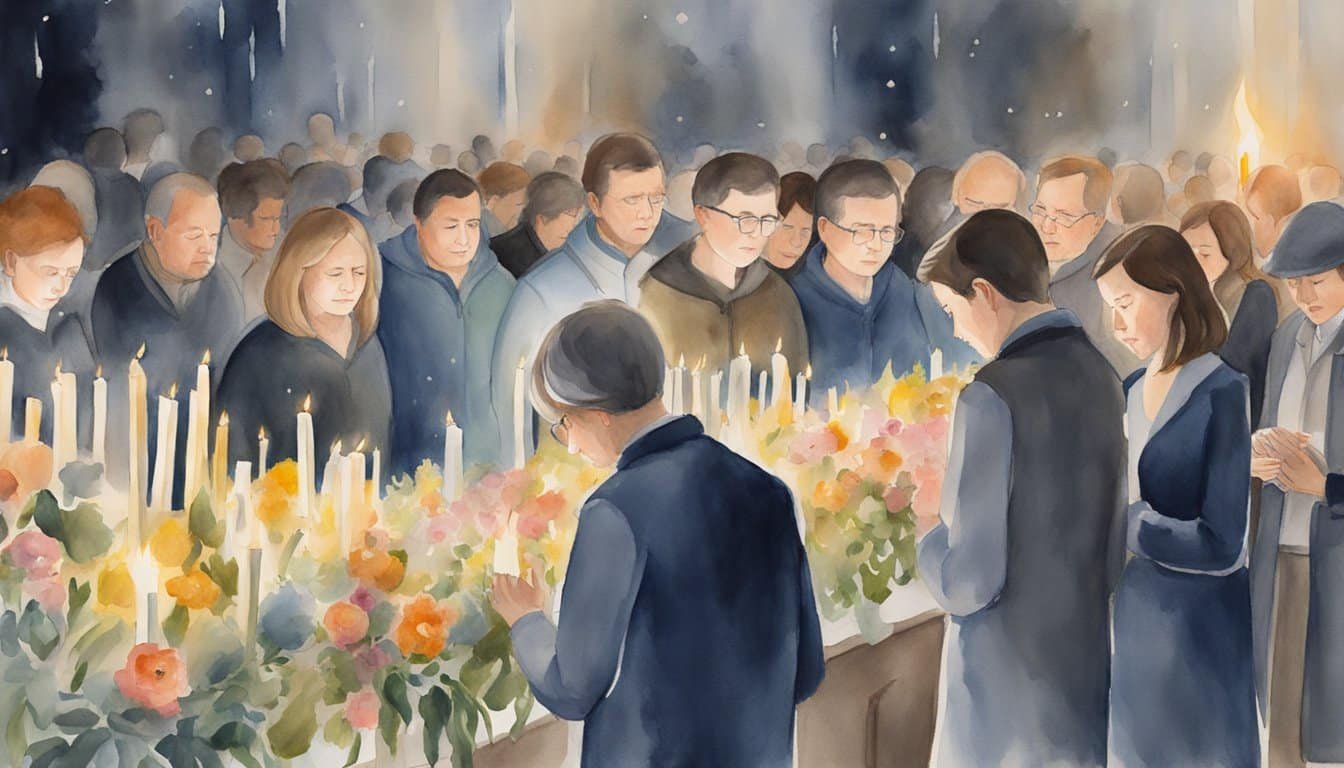The Life of Stephen Hawking
Stephen Hawking was not only a theoretical physicist and cosmologist but also a cultural icon whose life story has inspired many. From his early years facing a daunting health diagnosis to his groundbreaking work on the cosmos, Hawking’s journey reflects both extraordinary intellectual achievements and a deeply human experience.
Early Years and Education
Stephen Hawking was born on January 8, 1942, in Oxford, England. He showed early signs of brilliance and went on to attend Oxford University, studying physics. Hawking demonstrated a natural talent for science and mathematics, and after graduating from Oxford, he pursued graduate study at Cambridge University, delving into cosmology. He began his PhD research under the mentorship of the esteemed cosmologist Roger Penrose.
Scientific Achievements
At Cambridge, Hawking made his most significant contributions to science. His work on singularity, black holes, and the Big Bang theory redefined our understanding of the universe. In collaboration with Roger Penrose, he developed the Penrose-Hawking singularity theorems, and he later postulated what became known as Hawking radiation, challenging the prevalent notion that nothing could escape a black hole.
Health Challenges and Personal Life
Diagnosed with amyotrophic lateral sclerosis (ALS) at the age of 21, Hawking faced an uncertain future. Despite gradually losing his mobility and speech, he continued his research with determination. Hawking married Jane Wilde in 1965, and they had three children: Lucy, Robert, and Timothy. His later marriage to Elaine Mason lasted from 1995 to 2006.
Public Influence and Legacy
Hawking’s best-seller, “A Brief History of Time,” brought complex concepts of time and the universe to a general audience, making him a household name. He appeared on television shows like The Simpsons and The Big Bang Theory, further cementing his status as a pop culture icon. Hawking’s perseverance and wit, coupled with his scientific legacy, secured him a place as one of history’s most influential scientists.
Final Years and Death
Hawking’s health continued to decline, but his passion for science and outreach remained undimmed. He communicated through a speech-generating device and traveled with a team of nurses. In his final years, he continued to attend scientific conferences and engage with the public on the topic of science and the universe. Stephen Hawking passed away on March 14, 2018, in Cambridge.
Posthumous Impact
After his death, tributes from across the globe acknowledged Hawking’s influence on both science and popular culture. His work continues to shape research in theoretical physics and cosmology, with countless physicists building upon his theories. Hawking’s life story—a testament to the incredible capabilities of the human spirit—continues to motivate and inspire.
How Did Stephen Hawking’s Work Build Upon the Foundations Laid by Albert Einstein?
Stephen Hawking’s groundbreaking theories on black holes and cosmology drew heavily from the principles established by Albert Einstein. By expanding upon einstein’s lesserknown innovations explored, Hawking advanced our understanding of gravity and the universe, linking quantum mechanics with relativity and revealing profound insights into the nature of time and space.
Tributes and Reactions

When Stephen Hawking passed away, the world responded with a cascade of tributes, celebrating his life, his contribution to science, and his cultural impact.
Global Recognition
From every corner of the globe, people recognized Stephen Hawking’s role in shaping modern cosmology. World leaders like Theresa May expressed their condolences, acknowledging Hawking as a brilliant physicist who overcame his physical limitations to transform our understanding of the universe.
Scientific Community
Within the scientific community, esteem for Hawking’s work was unparalleled. His work on black holes and quantum physics positioned him among the greats like Albert Einstein and Sir Isaac Newton. Institutions such as CERN and the Royal Society paid homage to his groundbreaking research and enduring legacy.
Cultural and Media Resonance
Stephen Hawking’s influence extended far beyond academia. He appeared on popular TV shows like The Simpsons and Star Trek, and his life inspired the award-winning film The Theory of Everything, where Eddie Redmayne’s performance as Hawking won an Oscar. Hawking humorously embraced his role in pop culture, demonstrating the impact of science beyond the laboratory.

